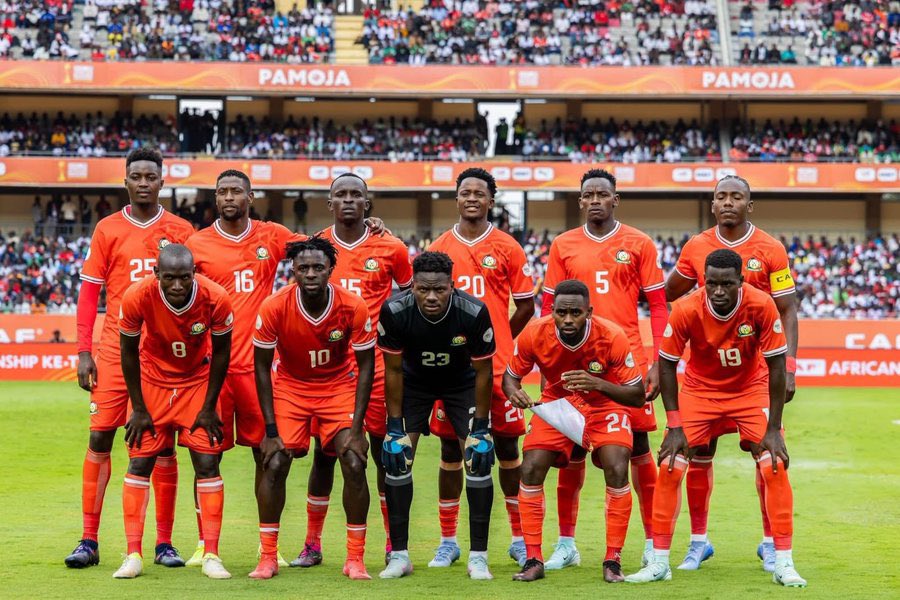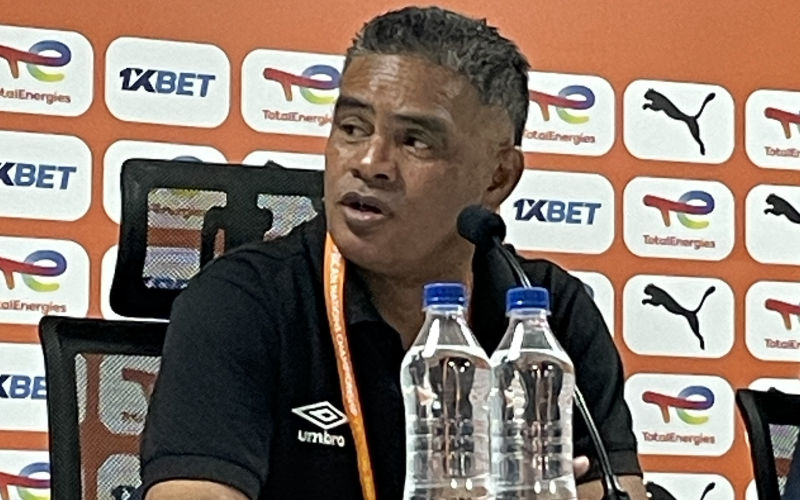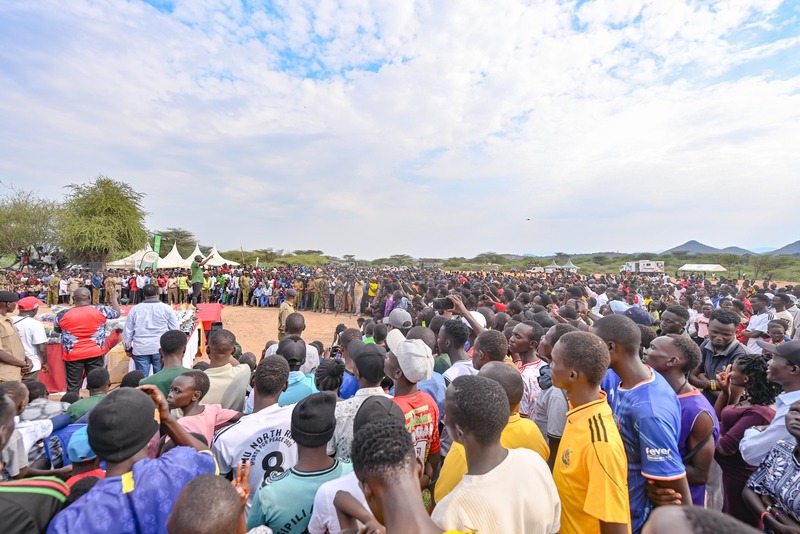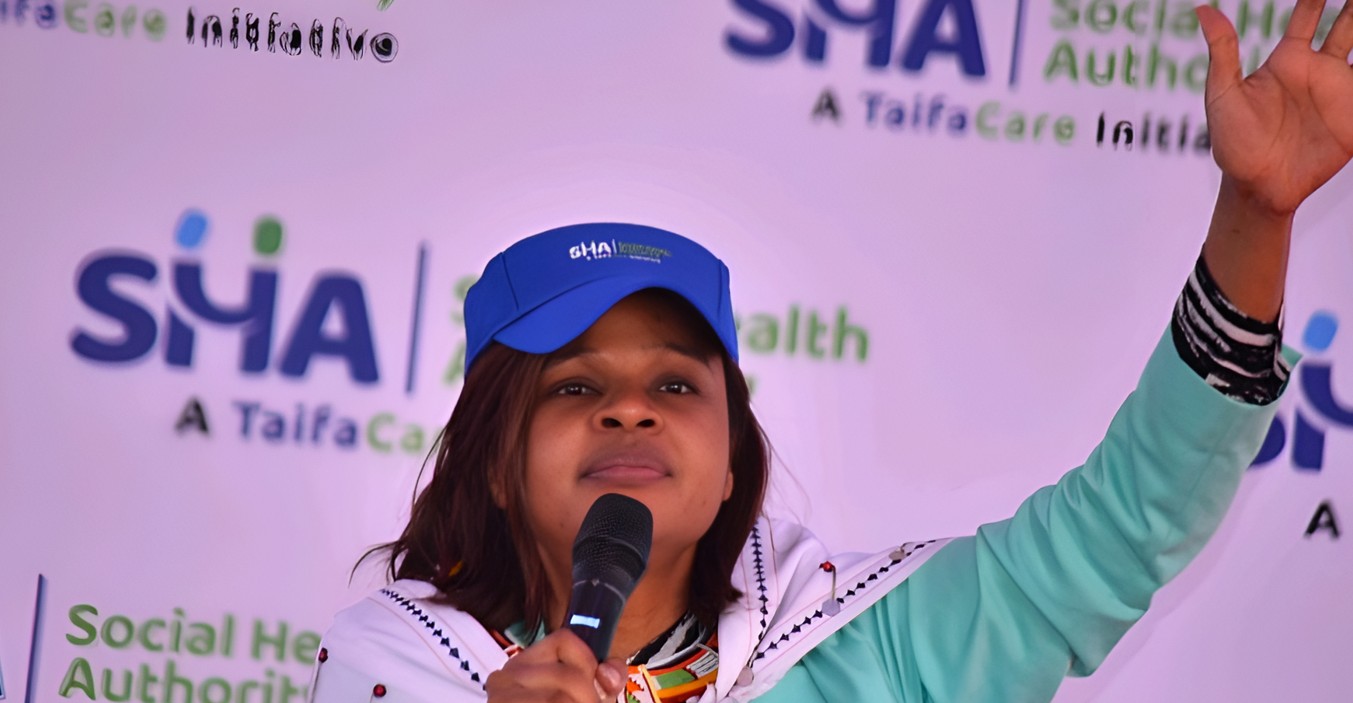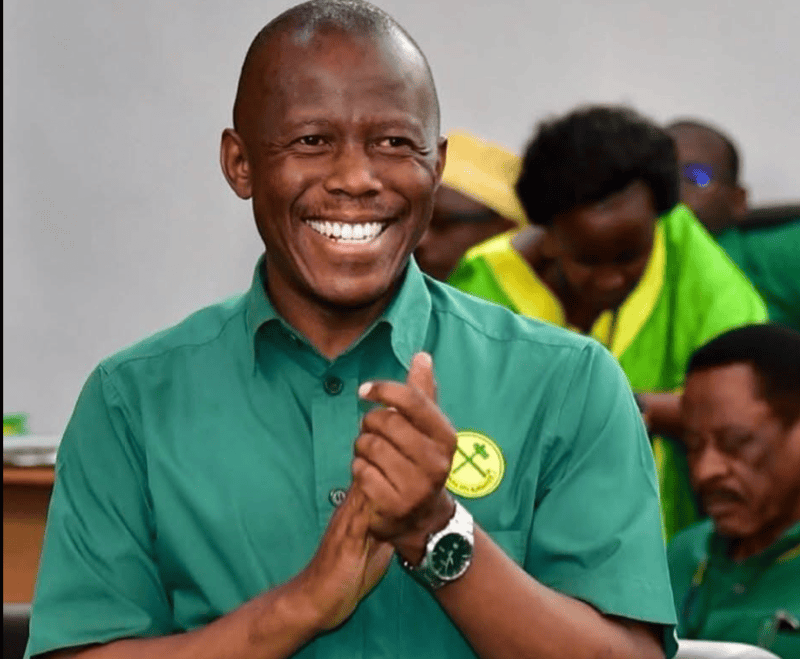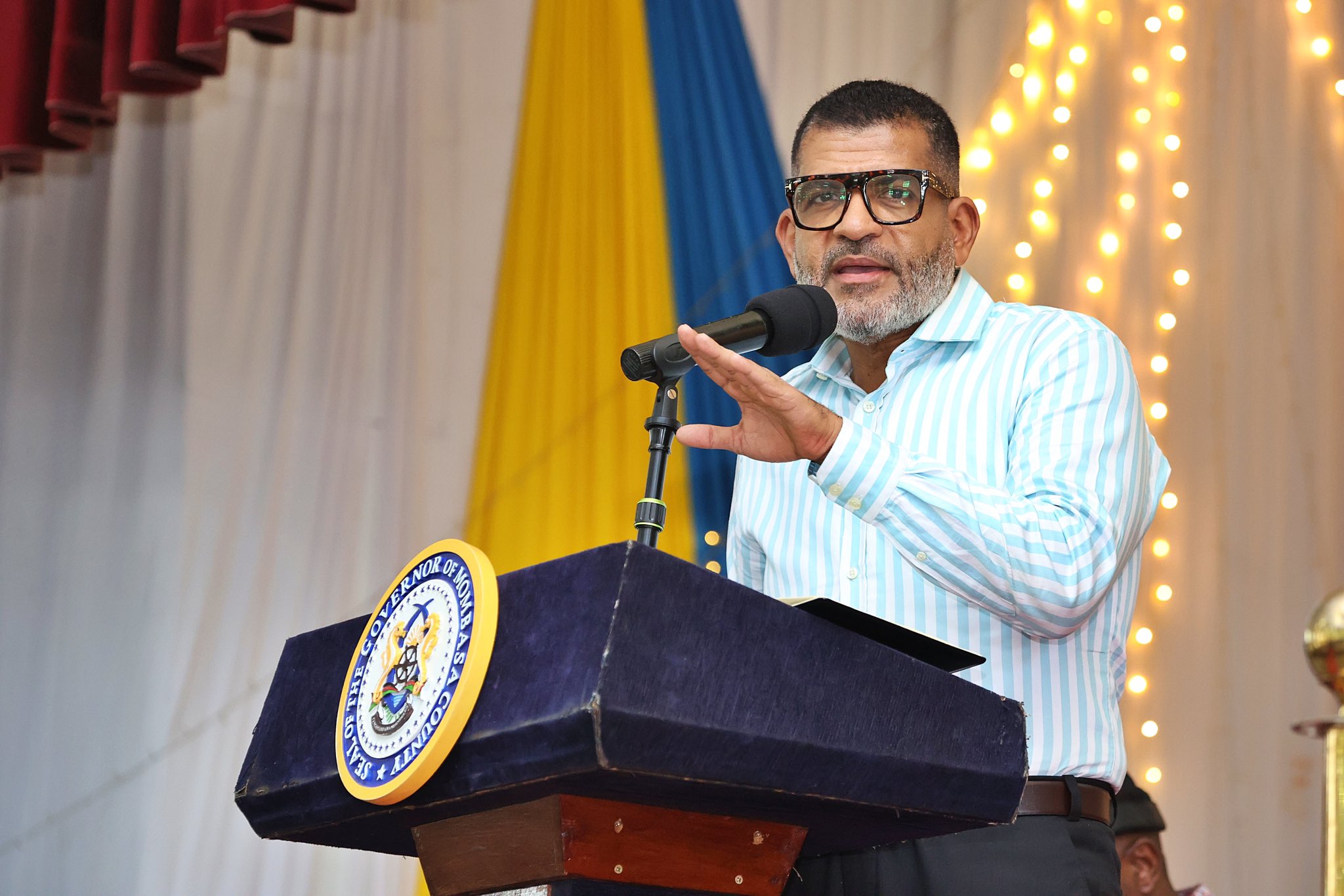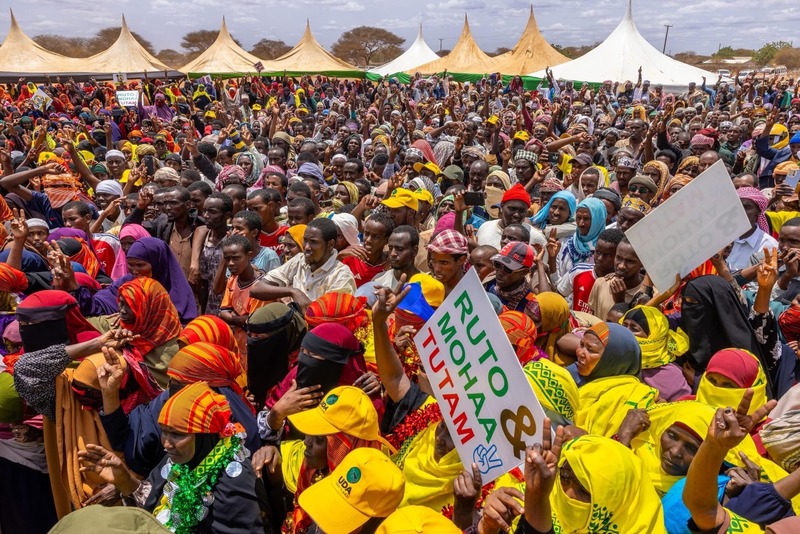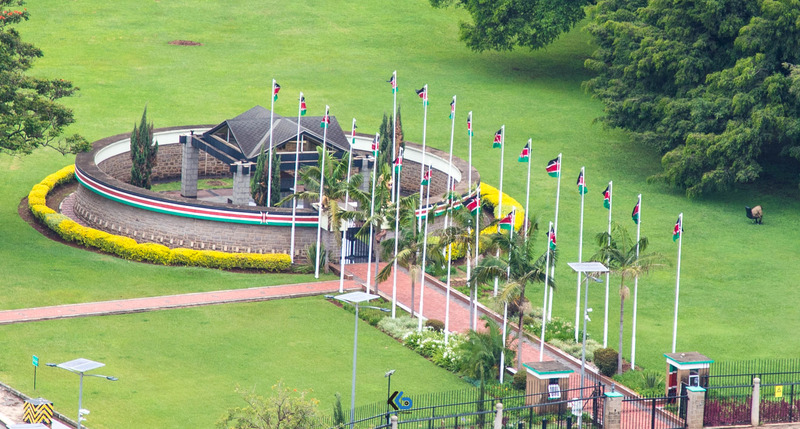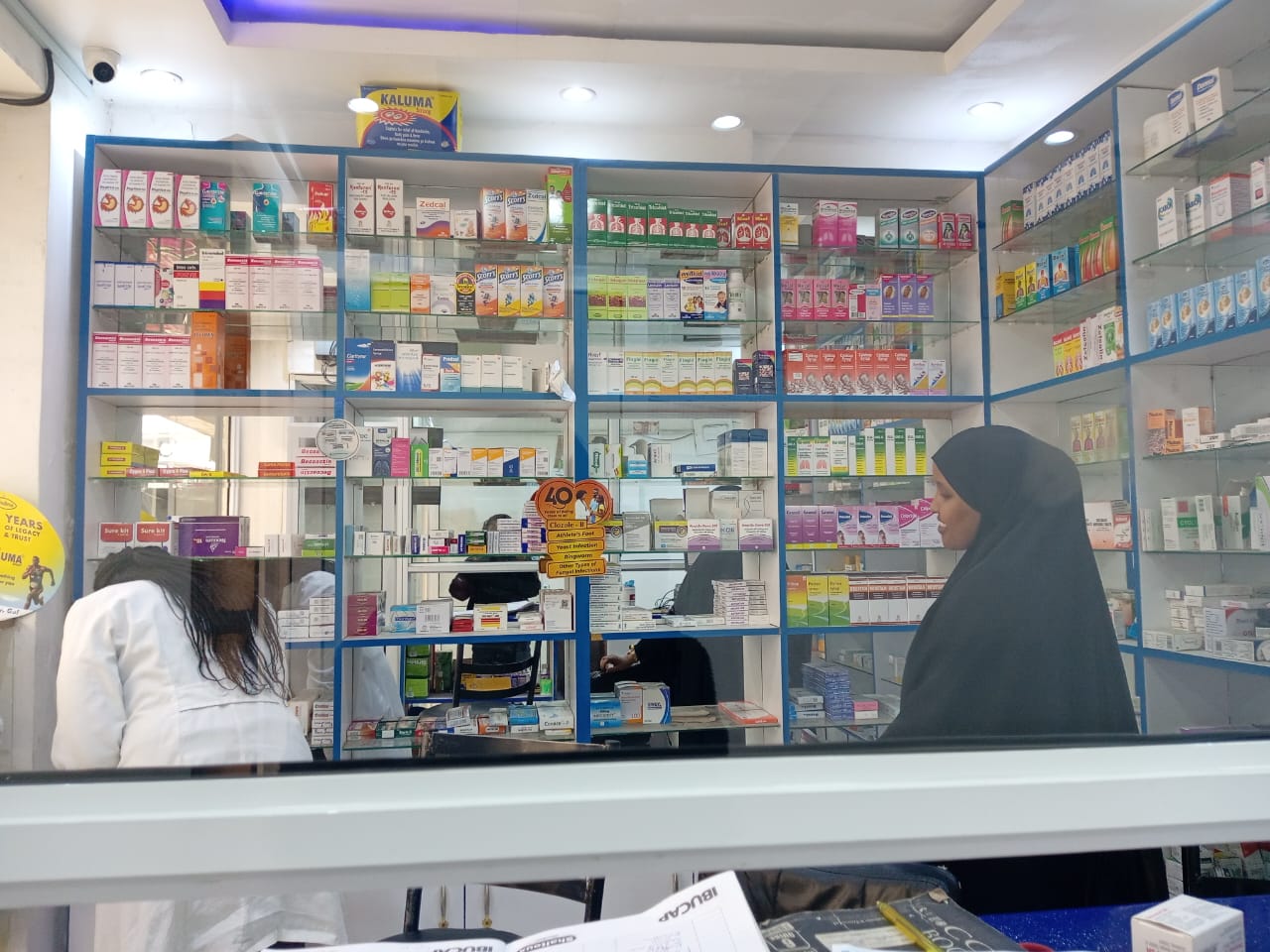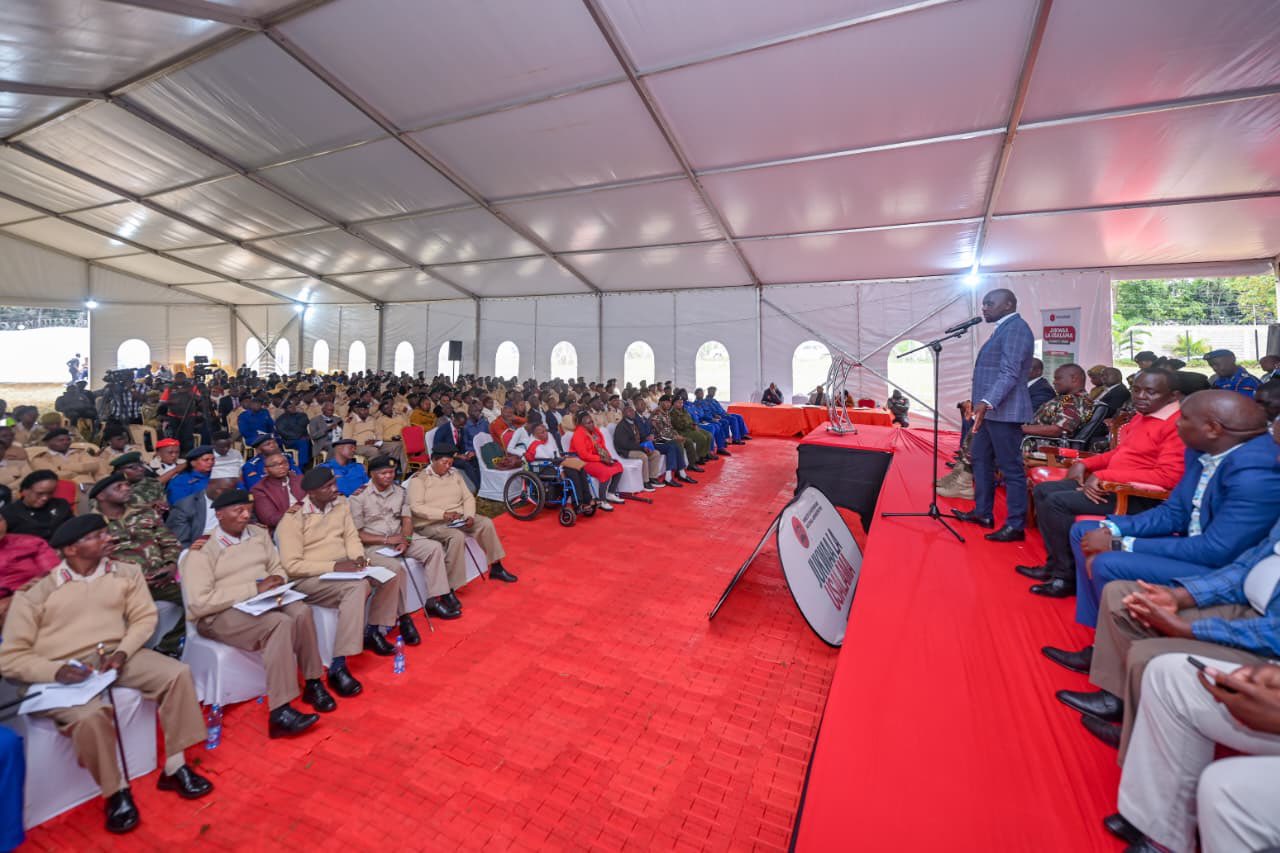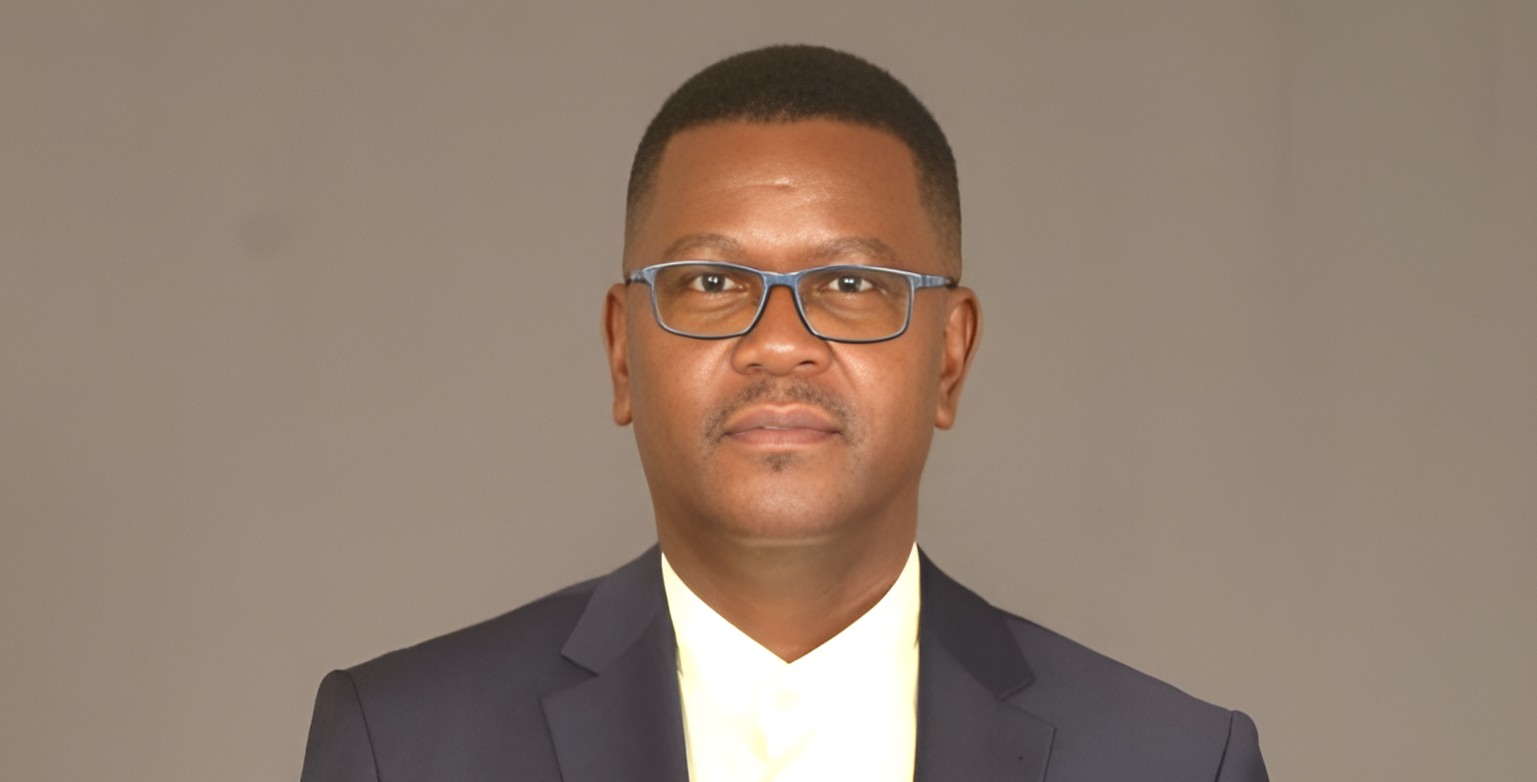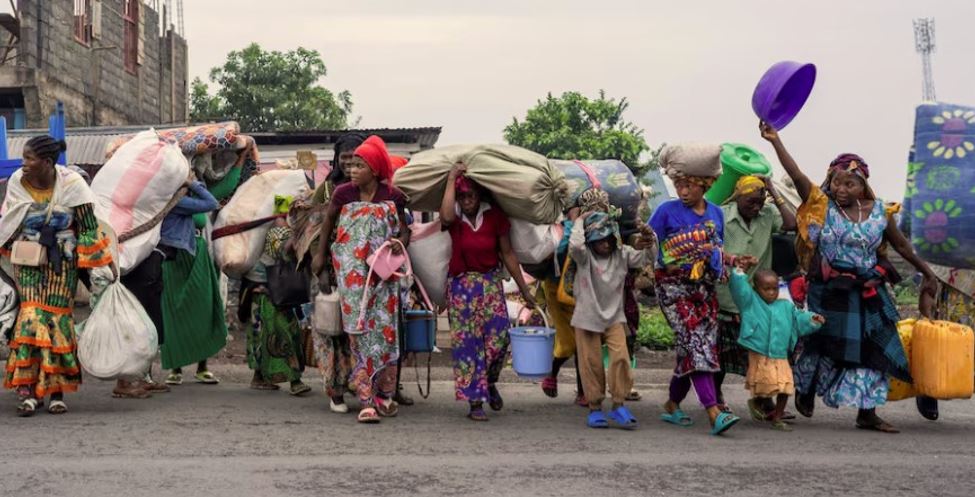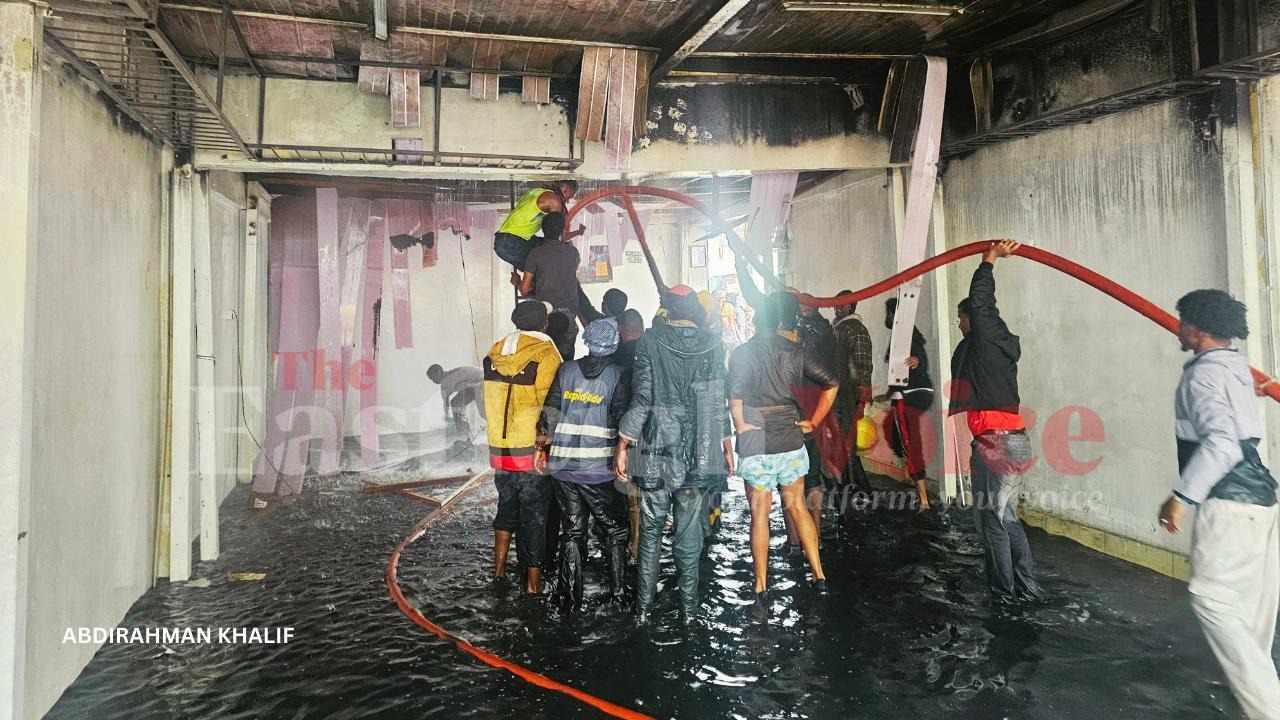TICAD9 summit ends with ambitious pledges to drive Africa’s transformation
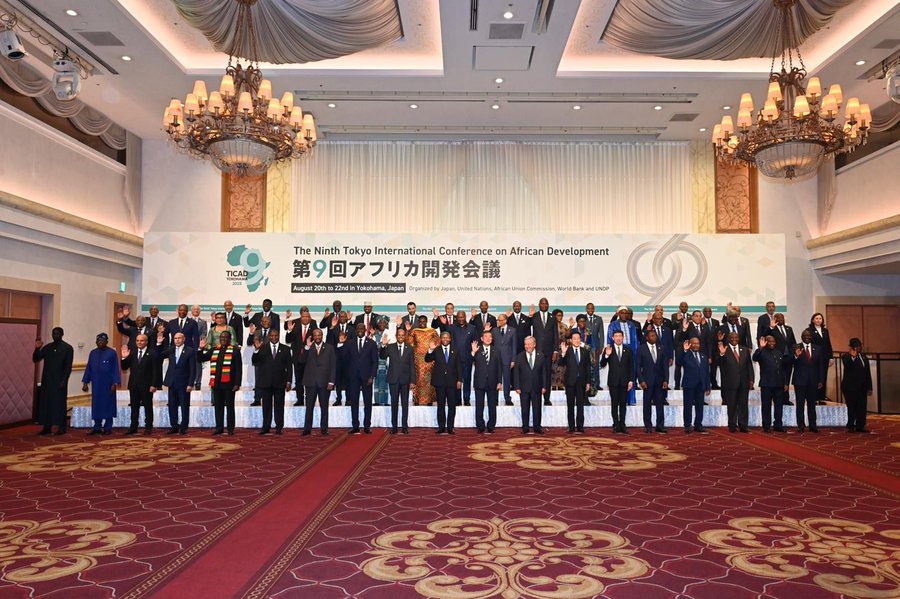
They jointly produced a comprehensive declaration focused on economic resilience, digital transformation, peacebuilding, and sustainable development.
The ninth Tokyo International Conference on African Development (TICAD 9) concluded on Friday with ambitious commitments to advance Africa’s transformation in line with the African Union’s Agenda 2063.
Held in Tokyo, Japan, the high-level summit brought together African leaders, Japanese officials, development partners and private sector representatives.
More To Read
- Kenya’s credit rating upgraded to ‘B’ as investor confidence grows
- Kenya secures Sh22 billion loan from Japan to boost industry, cut power bills
- ‘Africa is poised for progress’ Guterres tells development conference in Japan
- Kenya and Japan sign yen-denominated loan deal to boost development, cut borrowing costs
- President Ruto courts Japan, seeks balance in uneven trade
- African Union pushes UN to adopt new map showing Africa’s actual scale
The gathering produced a comprehensive declaration focused on economic resilience, digital transformation, peacebuilding and sustainable development.
On the economic front, leaders endorsed a multi-pronged strategy to address Africa’s persistent development challenges.
Central to this was the endorsement of the African Credit Rating Agency (AfCRA), set to be operational from next month. Delegates emphasised that its launch marks a crucial step towards fairer global credit practices, stressing the need to reform existing rating methodologies that disadvantage African countries and inflate borrowing costs, thereby diverting funds from development priorities.
The summit reaffirmed the African Continental Free Trade Area (AfCFTA) as a cornerstone of Africa’s industrialisation and economic integration. Participants committed to strengthening value chains, boosting intra-African trade, and ensuring African products gain greater access to global markets, particularly Japan’s.
In support of this, Japan announced plans to invest in special economic zones with a focus on electronics, green technologies and the automotive industry.
Recognising Africa’s youthful, tech-savvy population, TICAD 9 placed digital transformation at the centre of its development vision. Discussions higligted collaboration in artificial intelligence, robotics and smart city infrastructure.
Commitments were made to establish AI innovation hubs and centres of excellence to drive ethical, inclusive and human-centred AI governance across the continent.
Infrastructure development also featured prominently, with African and Japanese leaders pledging joint investment in sustainable transport systems, including rail, aviation, ports and the Trans-African Highway. Emphasis was placed on smart mobility solutions to address rapid urbanisation and enhance regional connectivity under the Single African Air Transport Market (SAATM).
Food and nutrition security received strong commitments as well. Leaders reaffirmed their alignment with the Kampala Declaration under CAADP, pledging to scale up climate-smart agriculture, modern irrigation systems and agro-industrial value chains. Japan further committed to supporting World Bank food security programmes and initiatives, empowering women and youth in rural economies.
On financing, Japan and African nations acknowledged mounting debt distress across the continent and called for equitable reforms in global financial governance. The summit welcomed innovative financial tools such as the Enhanced Private Sector Assistance (EPSA) and the Special Transition Allocation for Africa’s Resilience (STAR), designed to mobilise both public and private capital for sustainable development.
Climate change was also addressed as an existential threat. Leaders stressed the need for accessible climate finance to support Africa’s adaptation and resilience. Japan reaffirmed its support for renewable energy infrastructure, while both sides agreed on the importance of local processing and value addition of Africa’s critical minerals within just energy transition frameworks.
In pursuit of universal energy access, delegates backed initiatives such as the World Bank–African Development Bank “Mission 300,” which aims to provide electricity to 300 million Africans by 2030. They also called for deeper collaboration in clean energy technologies and fair partnerships to ensure Africa benefits fully from its vast renewable and mineral resources.
Top Stories Today



